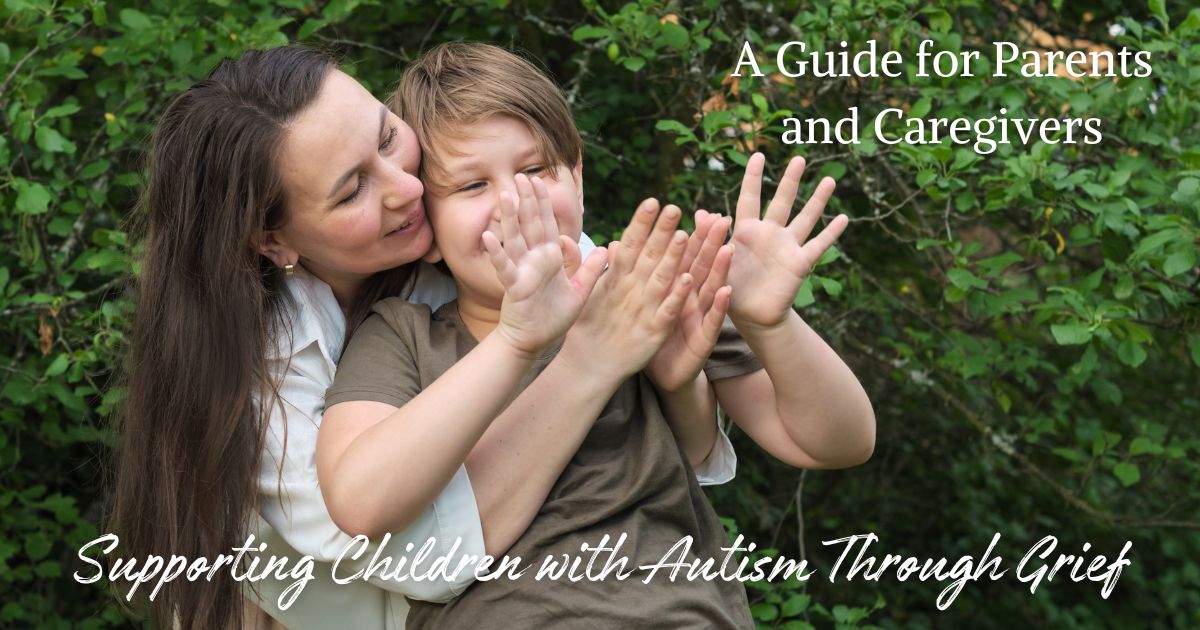
Autism spectrum disorder (ASD) can make it challenging for children to understand and express complex emotions like grief. This guide offers practical tips and resources to help parents and caregivers support children with autism through the grieving process.
Understanding Autism and Grief
Because autism affects how kids communicate and understand the world, they might struggle with things like understanding abstract concepts, processing emotions, and expressing themselves through words. These challenges can make the experience of grief even more difficult.
Communicating About Loss
When explaining death to a child with autism, it's important to be clear and concrete. Avoid using euphemisms like "passed away" or "gone to sleep," as these can be misinterpreted. Instead, explain that death is a natural part of life and that a person's body has stopped working.
Managing Funeral and Memorial Services
Funerals and wakes can be stressful for children with autism, due to crowds, noise, and changes in routine. If possible, consider attending a smaller, more intimate service or arranging for a private viewing. If your child has a comfort object or routine, bring it along to help them feel more secure. If they become overwhelmed, don't hesitate to excuse yourself and your child from the service.
Coping with Emotional Distress
Children with autism may experience nightmares, emotional distress, and other symptoms after a loss. Be patient and understanding, and offer them opportunities to express their feelings in their own way. Encourage them to engage in activities that they find comforting, such as drawing, playing with blocks, or listening to music.
Seeking Professional Support
If you're concerned about your child's ability to cope with grief, don't hesitate to seek professional help. A therapist or counselor who specializes in working with children with autism can provide additional support and guidance.
Additional Resources
-
Autism Speaks: https://www.autismspeaks.org/about-autism-speaks
-
The National Autism Association: https://nationalautismassociation.org/
-
The American Academy of Pediatrics: https://www.aap.org/
Remember, you're not alone. There are many resources available to help you and your child navigate this difficult time. By understanding their unique needs and offering them support, you can help them heal and find comfort in their own way.





